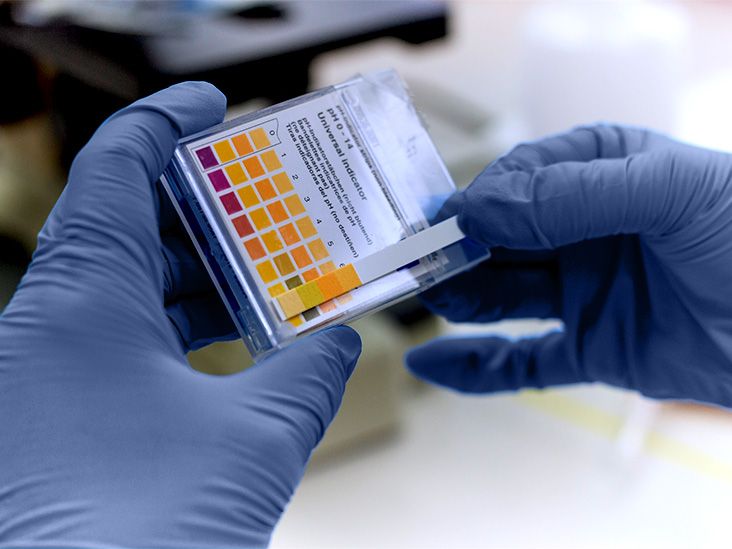Urine Tests for Prostate Cancer: A New Hope
Understanding Prostate Cancer
Prostate cancer is one of the most common cancers diagnosed in men. It starts in the prostate gland, which sits between the bladder and the penis. Although doctors don’t fully understand what causes it, the risk increases as men age.
The Challenge of Early Detection
Detecting prostate cancer early can be tough. This is mainly because there aren’t reliable tests, or biomarkers, that can indicate when the disease begins. However, finding it early is crucial since treatment is more effective at that stage.
A Breakthrough Discovery
Recent research published in the journal Cancer Research suggests that a simple urine test might help in early detection of prostate cancer.
How the Study Worked
Researchers created digital models of prostate cancer by analyzing the activity of mRNA across all human genes in thousands of individual tumor cells. Each cell was classified by its cancer grade and location. They then used artificial intelligence (AI) to identify proteins that could serve as biomarkers.
Key Findings
These biomarkers were tested in urine, blood, and prostate tissue samples from nearly 2,000 patients. Martin Smelik, the study’s lead researcher, shared that this urine analysis successfully identified prostate cancer, outperforming the current PSA blood tests. The urine test is also non-invasive, painless, and relatively inexpensive.
Why This Matters
Comparing Tests
The PSA test measures the level of prostate-specific antigen in the blood. While high levels may suggest cancer, they can also result from other conditions. The new urine biomarkers showed better accuracy in detecting prostate cancer than PSA.
Future Plans
Researchers plan to conduct large-scale clinical trials to validate these findings further. They are also discussing including the biomarkers in UK-wide prostate cancer studies to speed up testing and implementation.
The Bigger Picture
Smelik emphasizes that this research could lead to improved screening programs in the coming years. They also believe that some methods could be applied to other cancers in future studies.
Expert Opinions
Milan Sheth, a doctor who was not involved in the study, highlighted that early diagnosis and treatment are vital. Current diagnosis methods can be uncomfortable and invasive. The urine biomarkers identified in this study could provide a more dynamic and sensitive approach.
Ramkishen Narayanan, another expert, noted that we’ve relied on PSA as the sole biomarker for nearly 50 years. The study points out that urine might be a great medium to find reliable prostate cancer biomarkers, given its closeness to the organ.
Conclusion
The development of a urine test for prostate cancer presents a promising alternative to traditional methods. This study opens the door to more accurate, non-invasive testing that can potentially save lives by allowing for earlier and more effective treatment. As research continues, we hope to see these advances implemented on a larger scale in the near future.


